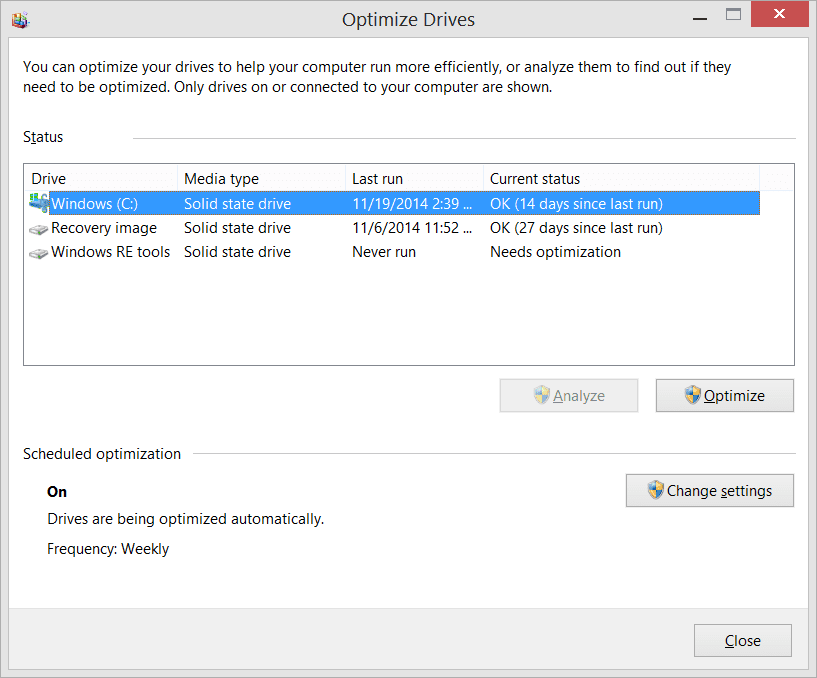Has anyone tried Dymax I/O software? I was wondering if it would be beneficial for just certain appliances (mentioned below) and backup servers?
Apparently it is like "LiteSpeed" but for server applications? It improves performance of high-demand applications, reducing load and increasing throughput.
I have clients with backup servers being run via vSphere, VMware and locally on host OS, so not just one use scenario.
Their website is: DymaxIO
I look forward to people's comments.
Cheers!
Apparently it is like "LiteSpeed" but for server applications? It improves performance of high-demand applications, reducing load and increasing throughput.
I have clients with backup servers being run via vSphere, VMware and locally on host OS, so not just one use scenario.
Unleash the Full Potential of Your Windows Performance
DymaxIO is cutting-edge fast data performance software that eliminates I/O bottlenecks, significantly improving your overall Windows performance. Our software is designed to unleash the full potential of your Windows systems, ensuring faster application response times, smoother operations, and increased productivity for your entire organization.
The DymaxIO Difference
- Guaranteed Performance Improvement: DymaxIO resolves common Windows I/O performance troubles, such as SQL query freezes, application lags, long-running reports, user disconnects, batch job failures, and slow backups.
- Optimize I/O Intensive Systems: DymaxIO excels in I/O intensive environments like MS-SQL, delivering exceptional results and reducing noisy I/O traffic.
- Reclaim “Stolen” Throughput: By intelligently eliminating performance-robbing I/O inefficiencies right at the source, DymaxIO can return over 40% of your lost throughput.
- No New Hardware, No Code Changes: Save time, money, and resources with DymaxIO’s non-disruptive installation. There’s no need for costly hardware upgrades or complex code modifications.
- Simple and Seamless Integration: Get up and running with DymaxIO quickly and effortlessly. Our user-friendly installation process requires no system reboot.
DymaxIO eliminates the two big I/O inefficiencies in Windows environments. These generate a minimum of 30-40% of influential I/O traffic, causing degraded performance and reliability. By installing DymaxIO organizations can expect an immediate performance boost in MS-SQL workloads, VDI, EHR, CRM, Exchange, SharePoint, Oracle, ERP suites, Business Intelligence BI apps, file servers, backup, and more.
Their website is: DymaxIO
I look forward to people's comments.
Cheers!
My Computer
System One
-
- OS
- w11
- Computer type
- Laptop
- Manufacturer/Model
- Gigabyte Aero 17
- CPU
- i7-12700H
- Memory
- 64GB DDR4
- Graphics Card(s)
- Something big I will never take advantage of!
- Monitor(s) Displays
- 17.3" 4K UHD
- Browser
- Yandex Browser (10x better than Chrome!) or Brave
- Antivirus
- MBAM + ESET + WFC + KTS









